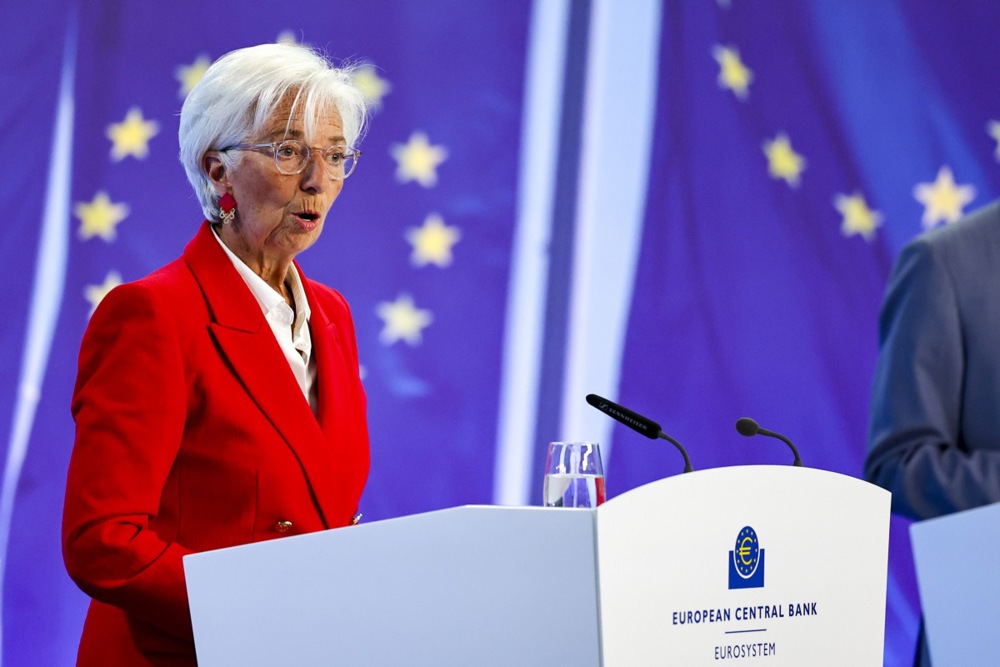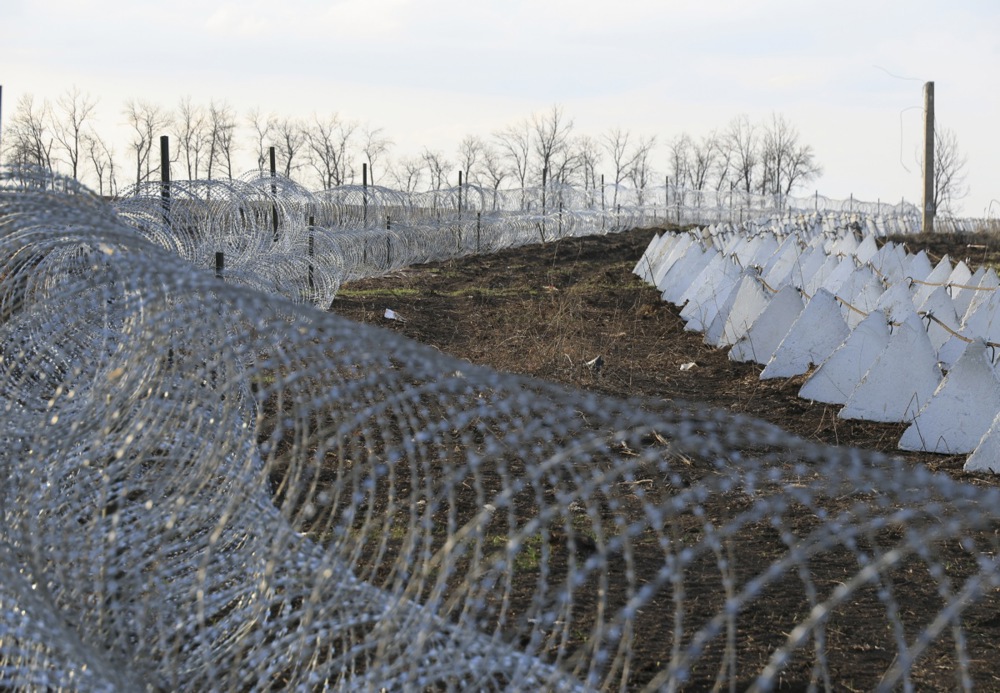China’s factories have been producing more than its domestic market can absorb, and those goods are headed to Europe.
On June 12, the independent Brussels-based Bruegel institute’s latest study warned that China’s persistent industrial overcapacity, weak domestic demand and deflationary pressures could be externalised via exports. It said Europe was particularly exposed in sectors such as electric vehicles (EVs), batteries and steel.
Europe’s steel sector was already bearing the brunt of this shift. Despite sanctions and safeguards, large volumes of Russian steel were still entering the bloc, while Chinese deliveries have increased sharply.
European Union producers warned the market was at risk of saturation as overcapacity was redirected.
Industry fears were also now growing that ongoing trade negotiations with India may further open the door to yet another low-cost exporter, amplifying downward price pressures.
According to Bloomberg on June 12, the number of loss-making industrial firms in China was at its highest since 2001.
In the past, such firms would have been shut down. Today, local governments were intervening with subsidies and tax relief to prevent large-scale unemployment.
These firms continued to produce, despite weak demand at home, creating overcapacity that spilled into foreign markets, it said.
Excess supply of Chinese EVs, solar panels, batteries and steel was likely to intensify, driven by industrial policy that prioritises output over efficiency. As a result, global markets were absorbing products priced below cost, distorting competition.
At the same time, price pressures in China continued to weaken. Producer prices have remained negative for more than a year, according to China’s National Bureau of Statistics.
Consumer inflation was flat and private investment remained subdued. Domestic consumption has not recovered to pre-Covid levels, creating what analysts described as a supply-demand imbalance with no clear exit.
In the EV sector, Bloomberg reported earlier in June that a price war led by manufacturer BYD prompted Chinese regulators to summon automakers for talks, as concerns grew over unsustainable discounting.
The China Association of Automobile Manufacturers described it as a “price-war panic”.
The pressure to export surplus inventory was rising, raising concerns in Europe about the impact on local industry.
Trade tensions with the US were compounding these pressures. On June 13, the Financial Times reported that China’s anti-trust authority had delayed its approval of Synopsys’ $35 billion (€30.2 billion) acquisition of Ansys, in a move seen as retaliation for tighter US export controls on chip design software.
Synopsys had previously suspended all China sales earlier in 2025 but had now resumed limited exports, according to the same report.
The European Commission has already launched an anti-subsidy investigation into Chinese EVs but the broader challenge, analysts warned, was structural.
According to a report by the European Chamber of Commerce in China, released earlier this year, European firms in China were facing growing competition from subsidised domestic players.
The Chamber pointed to widespread overcapacity and urged Beijing to shift focus from supply-side support to measures that could stimulate consumption.
Without that shift, Europe may face a continued influx of underpriced goods, from vehicles to steel and “green” tech. They would be exported, not because of any comparative advantage, but because of unresolved imbalances in the world’s second-largest economy, the Chamber said.





